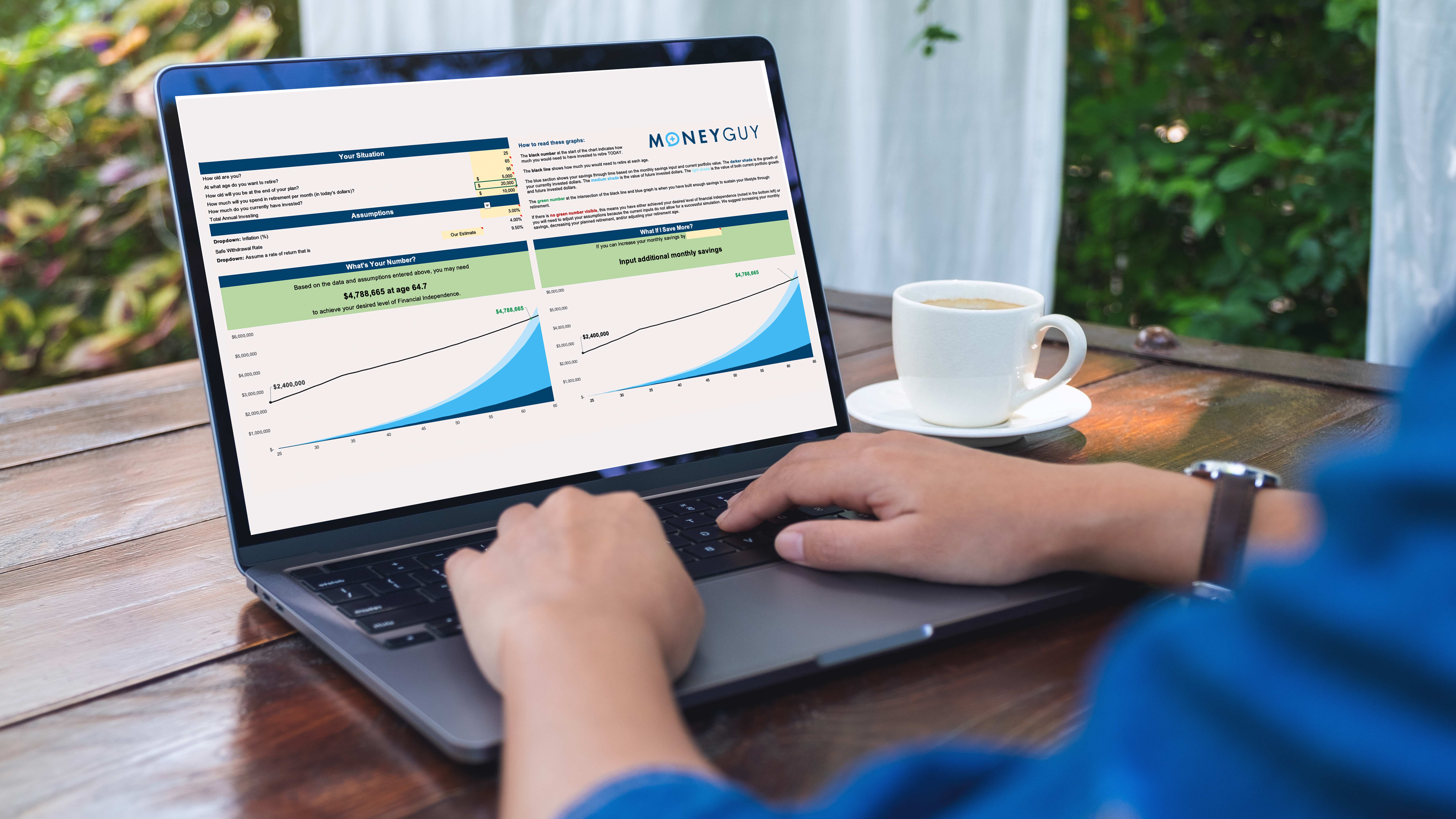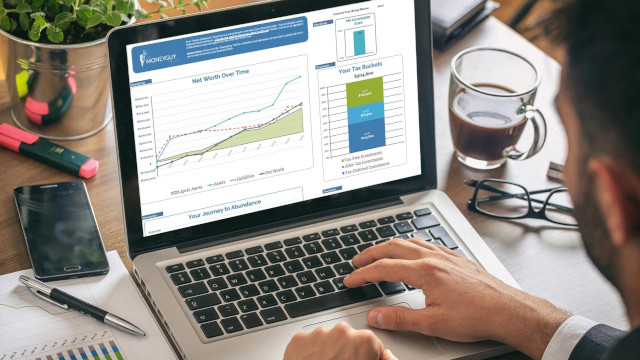
Change your life by
managing your money better.
Subscribe to our free weekly newsletter by entering your email address below.

Subscribe to our free weekly newsletter by entering your email address below.
Your Credit (A Powerful Purchasing Force if used correctly or the Kryptonite of American consumers if used unwisely)
Superman Returns came out this week and I felt it was appropriate to incorporate the comic book feel to my title.
If used correctly it can help make your life much easier including
If used poorly it can lead to years of dark days including:
Trouble setting up utilities, mobile phone service, and insurance
Higher rates on your home mortgage and auto loans
Evil rates and fees associated with your credit cards with limited rewards and benefits.
Let’s talk about the Average American and Average Credit Statistics from FairIssaac
Your credit behavior directly impacts your credit score aka FICO score. You have three FICO scores, one for each of the three credit bureaus Experian, TransUnion, and Equifax
The median FICO score is 723
A top tier FICO score is between 760-850
700-759 is the next level of FICO scores
Below 700 and you need to get serious about your credit
What makes up your FICO score?
How Does Rate Shopping Impact your score?
Improving your FICO score
Payment History: 35%
Amounts Owed: 30%
Length of Credit History: 15%
New Credit: 10%
Types of Credit in Use: 10%


Financial Order of Operations®: Maximize Your Army of Dollar Bills!
Here are the 9 steps you’ve been waiting for Building wealth is simple when you know what to do and…
View Resource
Exclusive Sneak Peek of Millionaire Mission by Brian Preston
Read MoreThe Wait is Over…
Read MoreCan This Annuity DESTROY Your Retirement?
Read More

How about more sense and more money?
Check for blindspots and shift into the financial fast-lane. Join a community of like minded Financial Mutants as we accelerate our wealth building process and have fun while doing it.




It's like finding some change in the couch cushions.
Watch or listen every week to learn and apply financial strategies to grow your wealth and live your best life.
Subscribe to our free weekly newsletter by entering your email address below.